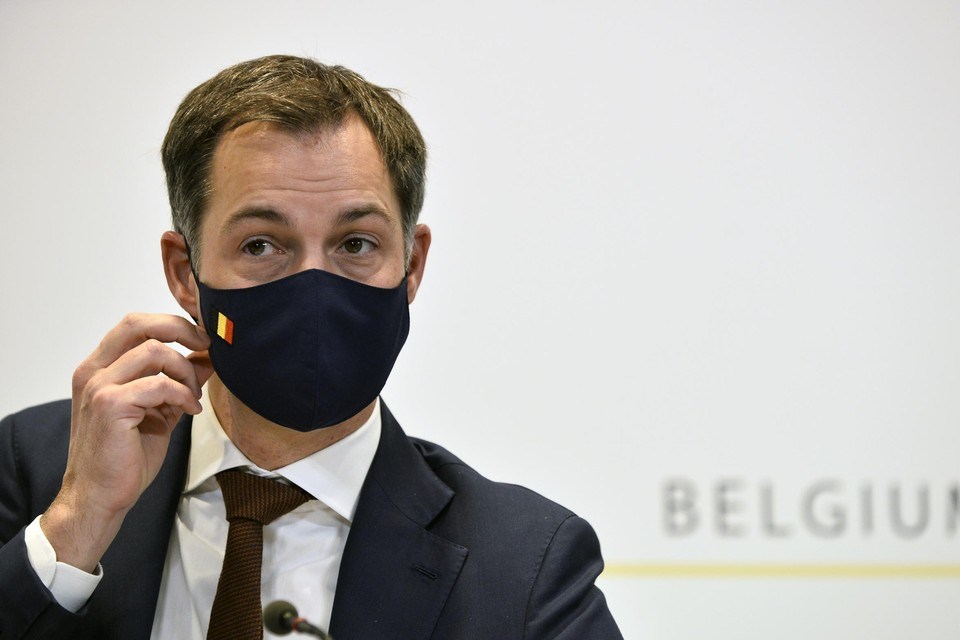Belgium’s Consultative Committee will gather again on Friday from 1:00 PM to discuss possible relaxations of the strict lockdown measures currently in force against the further spread of the coronavirus.
Even though Prime Minister Alexander De Croo told the House on Thursday that "no major relaxations" were to be expected after today's meeting, he also hinted at a cautious loosening of some restrictions.
The reopening of non-essential shops will be discussed, as was already agreed upon in October, before the trade federations started asking to be allowed to reopen in some capacity.
It is a possibility that they will be allowed to reopen from 1 December - under strict measures or by appointment only - to bring Belgium more in line with its neighbouring countries and avoid that people will go shopping abroad.
Related News
- Don't ruin 4 weeks of progress in 4 days, Belgian PM warns
- 'No lonely Christmas': Belgium urged to temporarily relax measures
- Consultative Committee tomorrow: 4 scenarios to reopen shops
“It will be a task for many to ensure that, if there is an opening, it can take place in a safe way. That will require a lot from the shopkeepers and the local authorities,” De Croo said, adding that he was already in close contact with the provincial governors on how to proceed.
Additionally, a simplified version of the dropped "coronavirus barometer" to get through the winter months and to establish maximum thresholds for infections and/or hospitalisations will also be on the table, according to De Croo.
"I intentionally speak about the coming winter months, plural," De Croo said. "I understand that some like to talk about the end-of-year celebrations, but Christmas will look different this year."
Despite pressure from several government parties to allow (temporary) relaxations for the holiday period, De Croo has repeatedly stated that he does not want to ruin "four weeks of progress in four days." Exceptions, such as the United Kingdom's "Covid Christmas bubble" or France's maximum of ten people in one room, seem unlikely.
In early November, he said that some form of strict measures will have to remain in force “until there is a vaccine” and that relaxing measures too soon leads to more problems in the long run.
Lastly, the Committee still has to make a formal decision on how the exams in January will take place in higher education. As this is a regional competence, however, it will likely only confirm the measures that Flanders and the Francophone Community have already agreed on.
Maïthé Chini
The Brussels Times

